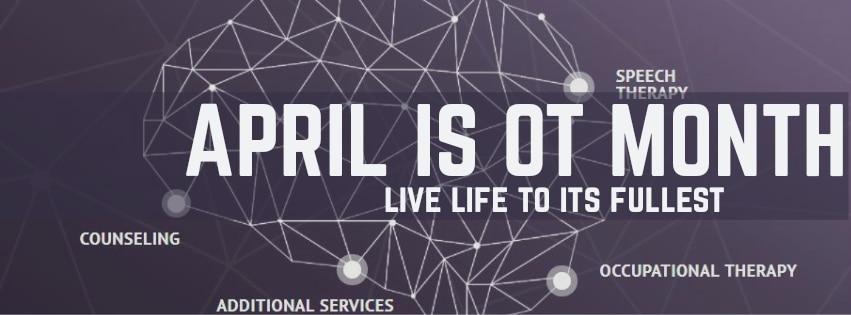ADHD and sensory processing difficulties have very many similar characteristics. It is difficult to tell the difference between the two, but it makes a difference as to what approaches are going to be effective. When trying to determine the difference, it is important to determine what (if any) sensory difficulties are present. If there are significant sensory difficulties that can be pinpointed, it will make treatment much more effective. A child with sensory difficulties will become overwhelmed and inattentive if their environment is too “distracting” with stimuli. If these stimuli are taken away, a child with sensory processing difficulties will be able to attend with increased ability. However, if the child is struggling with ADHD, it won’t matter what changes are made to the environment, they still will have difficulties.
There was a study done at the STAR Center that took a look at these two similar but different diagnoses: http://www.spdfoundation.net/files/9914/2430/1294/Miller-Nielsen-Schoen2012ADHD-SMD.pdf
FOCUS
Many of the children that we see have difficulty with focusing on a specific task. In order to increase their ability to focus, we use various techniques. It may involve getting up every 5-10 minutes in order to swing on the swing and then come back to the table, or perform heavy work (i.e. push-ups or sit ups) and then come back. All of us have difficulty focusing if we have to sit still for long periods of time.
Another technique would be to have the child in a different position while performing the difficult task (or the one that involves increased focus/attention). This may be through a t-stool, a wiggle seat, putting theraband around the legs of their chair, or having them stand.
Red flags/Reasons to refer:
- Other strategies have been trialed, without success
- Medications have been tried, but have not been effective
- They can attend well for a short amount of time, but struggle if the time is increased
- Attentiveness varies greatly depending on the environment
When looking at focus and attention, an occupational therapist is going to examine core strength skills as well as whole body awareness. The visual system is also assessed, as if visual information is too stimulating or not stimulating enough, this will also affect focus. An evaluation focuses on trying to get to the root of the difficulties and treat that difficulty.
Written by Danielle Boog, MS OTR/LOccupational Therapist, BRAINS
Throughout this month, we will be posting about how Occupational Therapy is able to impact different areas of functioning. We celebrate OT in April, but the value and benefits of occupational therapy are life-long! To learn more about Occupational Therapy at BRAINS, click here.

